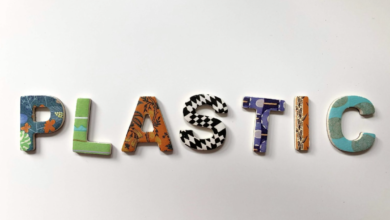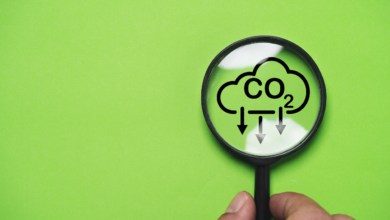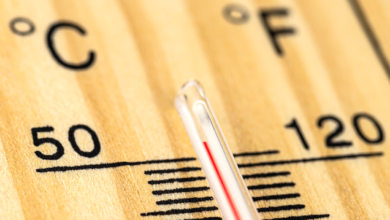Persistent organic pollutants (POPs) in waste: European Parliament calls for stricter limits
Eliminating persistent organic pollutants POPs from waste for a truly circular economy
(Sustainabilityenvironment.com) – In order to create a toxic-free environment and a truly circular economy, decisive action is needed on persistent organic pollutants (POPs) in waste. This is the negotiating position voted by the European Parliament compared to the revision of Annexes IV and V of the 2019 MAGP Regulation
Persistent organic pollutants pose a threat to human health and ecosystems. But what are persistent organic pollutants? These are substances that have a long persistence in the environment and generate waste that cannot be recycled but only incinerated.
The Commission has submitted regulatory proposals between 2019 and 2021 to align European action with international obligations, in particular with regard to the Stockholm Convention. While Members welcome the progress made, they believe that adapting MAGP regulations in waste to the objectives of the European Green Deal would require more stringent limits.
The test substances are:
- a group of brominated flame retardants. For these, the request is to reduce the 500 milligrams per kilogram proposed by the Commission to at least 200mg/kg.
- perfluorooctanoic acid – present in fire retardant tissues – therefore requiring a reduction from the 40mg/kg needed for the Commission to 20mg/kg.
- perfluorohexanesulfonic acid, a synthetic chemical compound whose inclusion in the list of harmful substances would be anticipated.
The rapporteur, Martin Hojsík (Renew, SK), said: “We cannot tolerate the presence of persistent organic pollutants in materials and waste, otherwise there will be no circular economy in the EU and no sustainable textiles, but an economy of toxic recycled products. Parliament’s position is a step towards cleaning it from POPs such as Per- and Polyfluoroalkyl Substances (PFAS) or dioxins. It will help EU companies to be more sustainable and to ensure citizens can trust in recycled products.”
After yesterday’s vote, we now await the start of negotiations with the Member States and then complete the legislative process.






